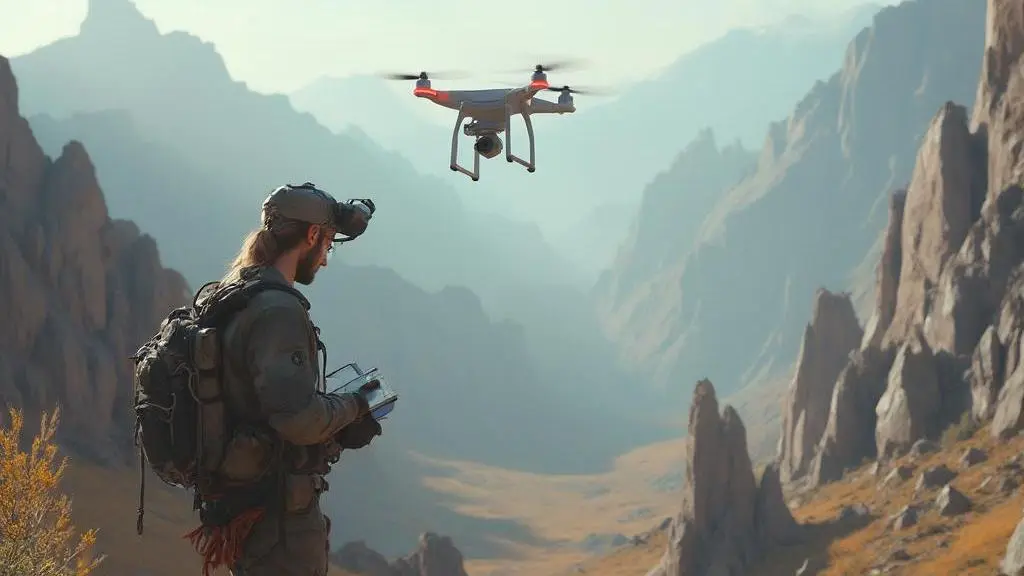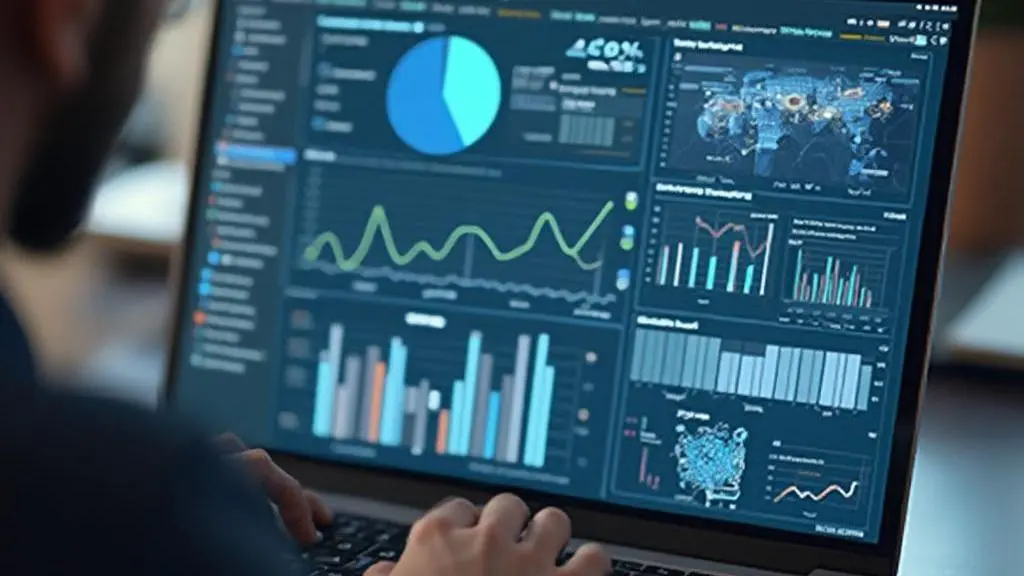Outdoor research is essential for understanding our natural environment. From geological surveys to wildlife tracking, the methods and technologies used have evolved significantly. This article delves into the various techniques and tools employed in outdoor research, highlighting their importance and advancements.
Geological Surveys
Geological surveys are fundamental in outdoor research, providing insights into the Earth’s structure and composition. Techniques such as seismic surveying and magnetotellurics are used to map subsurface features. Seismic surveying involves generating and detecting seismic waves to image the subsurface, while magnetotellurics measures Earth’s natural electrical fields to understand subsurface resistivity.
Advances in GPS technology have improved the accuracy of these surveys, allowing researchers to gather precise data. Integrating these findings with cloud infrastructure ensures efficient data storage and analysis. Cloud hosting solutions facilitate the management of large datasets generated from geological surveys, enabling seamless data access and collaboration among researchers.
The integration of these technologies not only enhances the precision of geological surveys but also supports other outdoor research endeavors, such as wildlife tracking, by providing detailed terrain information. This interdisciplinary approach ensures comprehensive data collection and analysis, essential for various scientific studies.
Wildlife Tracking
Wildlife tracking is crucial for conservation efforts and ecological studies. Radio telemetry and GPS collars are commonly used to monitor animal movements. These devices provide valuable data on migration patterns, habitat use, and behavioral traits. Drones equipped with high-resolution cameras offer a non-invasive way to observe wildlife in their natural habitats. These technologies generate vast amounts of data, necessitating robust cloud infrastructure and digital security measures to safeguard the information. Ensuring the security of this data through vulnerability assessments and digital security audits is paramount to maintaining data integrity. For more on digital security, refer to this guide.
Environmental Monitoring
Environmental monitoring is essential for continuous observation of ecological parameters. Sensors and IoT devices measure air quality, water pollution, and soil health. These devices often rely on cloud infrastructure for data storage and real-time analysis, ensuring continuous monitoring and timely intervention.
The deployment of sensors and IoT devices involves strategic placement to capture accurate data. For instance, air quality sensors are positioned in areas with high pollution levels, while water pollution sensors are placed in rivers and lakes. Soil health sensors are embedded in agricultural fields to monitor nutrient levels and moisture content.
Data collected from these devices is transmitted to cloud storage for analysis. This process involves real-time data processing to detect anomalies and trends. For example, sudden spikes in pollutant levels can trigger alerts, prompting immediate action. The integration of cloud infrastructure enables scalable data management and advanced analytics, supporting comprehensive environmental assessments.
Ensuring data security is crucial. Vulnerability assessments and digital security audits are conducted to protect data integrity. These measures help identify and mitigate potential threats, safeguarding sensitive ecological information. Implementing robust cybersecurity practices, such as regular vulnerability assessments, is vital for maintaining secure data environments.
The data gathered from environmental monitoring supports various research initiatives. It aids in policy-making, conservation efforts, and public health measures. By leveraging advanced monitoring technologies, researchers can gain deeper insights into environmental changes and their impacts.
Data Management and Security
Effective data management is essential for outdoor research. Cloud infrastructure configuration and management play a vital role in storing and processing large datasets. Implementing digital security audits and vulnerability assessments ensures that sensitive data is protected from potential threats. By leveraging managed cloud services, researchers can focus on their studies while benefiting from secure and efficient data handling solutions.
Cloud infrastructure offers scalable storage solutions necessary for handling vast amounts of data collected from sensors and IoT devices. This infrastructure allows researchers to access data remotely, facilitating collaborative work and real-time analysis. However, storing sensitive data in the cloud requires robust security measures. Conducting regular vulnerability assessments helps identify potential weaknesses in the system. Digital security audits further ensure that all security protocols are up-to-date and effective.
Managed cloud services provide additional layers of security. These services include automated backups, encryption, and continuous monitoring for potential threats. Researchers can rely on these services to manage data efficiently, reducing the risk of data loss or breaches. Ensuring data integrity is paramount, especially when dealing with environmental data that can influence policy decisions and scientific advancements. By implementing these security measures, researchers can maintain the confidentiality, integrity, and availability of their data, fostering trust and reliability in their findings.
Final words
Outdoor research is a critical field that relies on advanced methods and technologies to gather data and understand our natural environment. From geological surveys to wildlife tracking, the integration of modern tools such as GPS and drones has significantly enhanced the accuracy and efficiency of data collection. As technology continues to evolve, the future of outdoor research promises even greater insights and discoveries. Whether you are a researcher or an organization looking to optimize your data management and security, contact us today to explore our comprehensive suite of web design, web hosting, DNS management, cloud infrastructure configuration and management, vulnerability assessment, digital security audit, and managed cloud services at a low price.














Leave a Reply